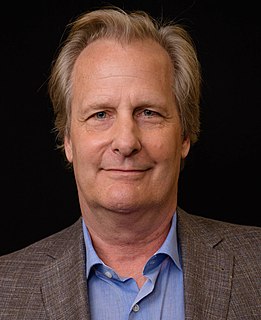A Quote by Chad Harbach
When I write for 'n+1,' I begin by doing a lot of reading, to try to convince myself I'm not stupid. Then I scribble down a paragraph here, a paragraph there, when a notion strikes. Then I see if I can arrange those notions in a way that yields an argument.
Related Quotes
Whenever I teach writing I tell them to never revise as you go. Finish the first draft. This is my writing advice. I can't do that myself. I'm lying to everybody. I write a paragraph, and then I rewrite that paragraph. I want to feel like I'm standing on firm ground before I move on to the next paragraph. Mentally, I have to do that.
Every weekday morning, I picture my first paragraph while I hike with my dog Milo near Mulholland Drive, looking out over the San Fernando Valley. I edit the paragraph, then memorize it, so that when I get back home and sit down at my computer, the blank screen's tyranny lasts only a second or two. A brief reign!
And that's one thing that helps me is I learn it blandly, vanilla, then I don't try to act it too soon because you start to act it, and you kind of go away from what the next sentence is, what the next paragraph is. So get it down so it kind of can - it's in there so you can then, as I call it, dance on top of it.
I just wanted to speak to you about something from the Internal Revenue Code. It is the last sentence of section 509A of the code and it reads: 'For purposes of paragraph 3, an organization described in paragraph 2 shall be deemed to include an organization described in section 501C-4, 5, or 6, which would be described in paragraph 2 if it were an organization described in section 501C-3.' And that's just one sentence out of those fifty-seven feet of books.




































